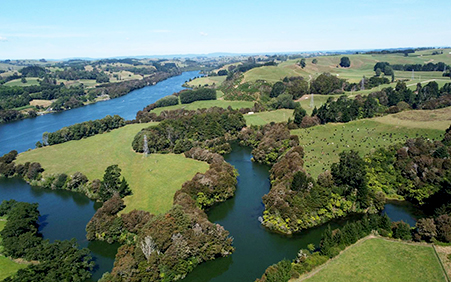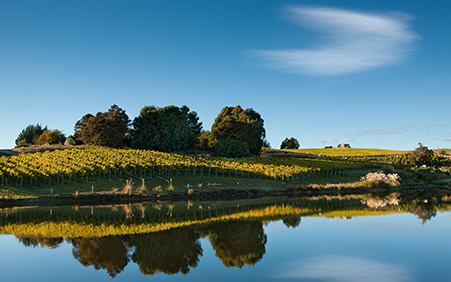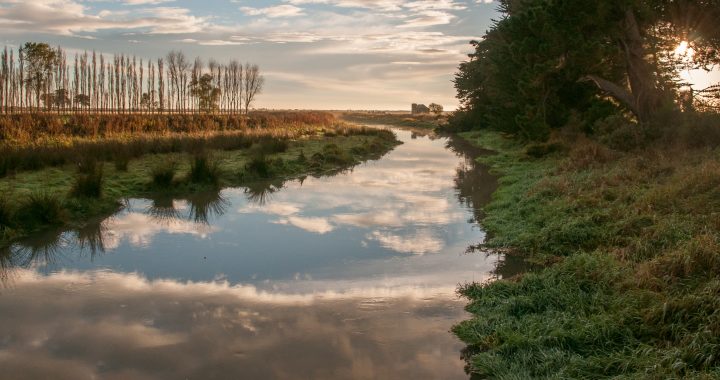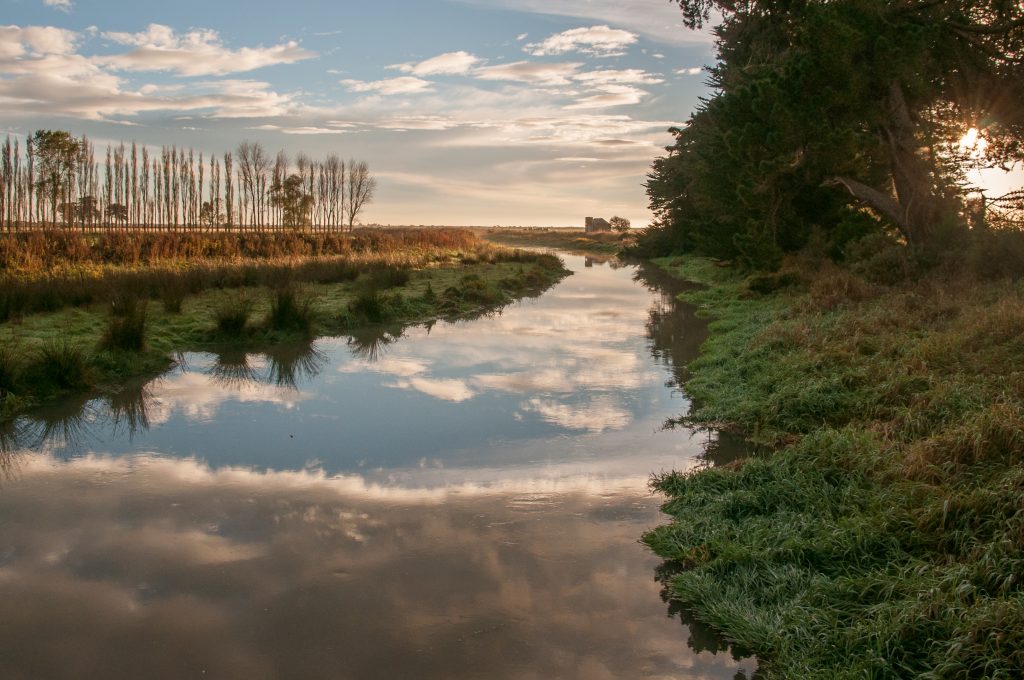Waikato Plan Change 1 (PC1) – Final Shape Emerging
Waikato Plan Change 1 is designed improve the water quality of the Waikato and Waipā Rivers. After being initially proposed in 2016, it has gone through multiple hearings, reviewed over 1,000 submissions, and been subject to many appeals. PC1 is now nearing its end stages, with a final decision expected this December.
Barring surprises, expect a risk-based, Farm Environment Plan (FEP) centred regime with controlled-activity consents for higher-risk farms, staged stock-exclusion deadlines, and periodic N-loss assessments. There will be less emphasis on blanket nitrogen caps and more on audited, farm-specific mitigations and continuous improvement.
Final wording depends on the Court’s concluding decision and how it meshes with the newest RMA changes, but it is a reasonable expectation that the plan’s proposed requirements will become operative in early 2026.
What this means for:
Dairy Farmers
- Consent Pathway: Most dairy farms will need a controlled-activity consent linked to a certified FEP. The council cannot decline the consent, but it can impose conditions.
- FEP Requirements: Must show good management practices (nutrient budgeting, effluent management, riparian planting, wintering plans, erosion/sediment control).
- Nitrogen Management: Overseer or similar tools will be used for periodic reporting (e.g. every 5 years), not as a hard cap. Expect continuous improvement obligations.
- Stock Exclusion: Mandatory fencing of waterways, staged by slope (up to ~15°) over set timeframes.
- Land Use Change: New dairy conversions or significant intensification remain restricted.
- Bottom line: You’ll need a consent and an FEP, but the rules aim for flexibility and staged improvement rather than absolute stocking or N caps.
Drystock Farmers (sheep & beef, deer, mixed livestock)
- Consent Pathway: Many drystock farms (particularly extensive, hill-country, low-input) will qualify as permitted activities if they meet low-risk criteria. Higher-intensity or erosion-prone farms may need a controlled consent and a FEP.
- FEP Focus: Likely to emphasise erosion and sediment control, riparian management, and targeted nutrient loss reduction.
- Stock Exclusion: Obligations phased in, but fencing is only required on suitable land (not steep back-country).
- Nitrogen Reporting: You may still need occasional N-loss estimates, but risk-based approach recognises extensive grazing as relatively low impact.
- Bottom line: If you’re low-intensity, you may avoid a consent altogether, but you’ll still need to show you’re managing sediment and waterways responsibly.
Horticulturists (including commercial vegetable production)
- Consent Pathway: Most will need a controlled-activity consent with a FEP. A specific pathway for commercial vegetable production (CVP) is included.
- FEP Requirements: Strong focus on nutrient management, irrigation efficiency, soil structure protection, sediment run-off control, and buffer zones.
- Flexibility: The CVP pathway is intended to provide certainty for rotational growers, recognising the practicalities of shifting land use.
- Stock Exclusion: Not relevant unless mixed with grazing.
- Bottom line: Expect tailored FEPs as standard, with close scrutiny on nutrient leaching and soil management.
Across all sectors
- Timing: Final Court wording due late 2025; operative rules expected to be in place from 2026.
- Core shift: From blanket caps and generic limits to farm-specific FEPs, audited and reviewed, with staged deadlines.
- Certainty: Consents will be required for most higher-risk operations, but they’re controlled (can’t be declined if required plan conditions are met).
Freshwater Planning Tool
There are many farmers in Waikato already using the QCONZ FWFP tool as an easy and effective way to map water quality risks and then to plan and manage risk mitigation activities.
If you’re looking for a freshwater plan management system that the Waikato Regional Council environmental team know and understand, you can find out more about this tool here (New Zealand’s most popular freshwater planning tool).




